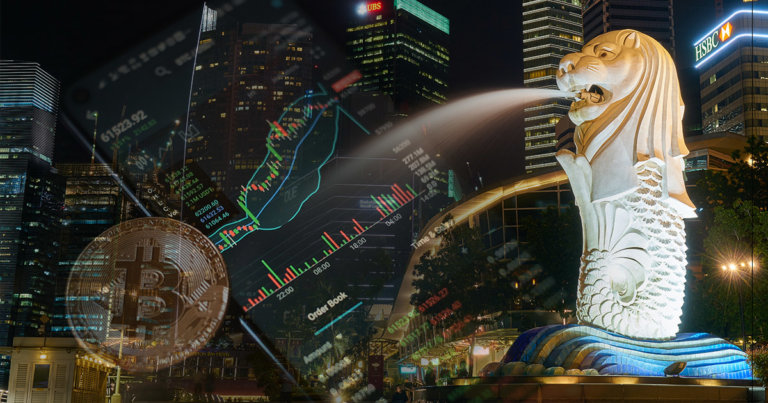 Why is Singapore rejecting the majority of crypto licensing applications?
Why is Singapore rejecting the majority of crypto licensing applications? Why is Singapore rejecting the majority of crypto licensing applications?
Less than 3% of digital payment token licenses have been approved, seemingly contradicting Singapore's crypto-friendly stance.

Photo by engin akyurt on Unsplash
Data compiled by Vulcan Post shows that out of 176 digital payment token (DPT) license applications submitted to the Monetary Authority of Singapore (MAS), 103 have been rejected or withdrawn.
The tech media outlet reports that of the remaining 73 candidates, 69 are pending, and only four licenses have been granted. The four companies granted a DPT license are DBS Vickers, Independent Reserve, FOMO Pay, and TripleA.
Given that less than 3% of DPT applications have been successful to date, does this mean Singapore should no longer be viewed as a crypto-friendly jurisdiction?
Isn’t Singapore held as a crypto innovator?
The Coincub Global Crypto Rankings places Singapore in first place with a score of 8.4/10. Australia ranks second with a score of 8.3/10, while the U.S scores 8.2/10, sliding from first place to third due to regulatory uncertainty.
The report states that Singapore is a good place for crypto investors to live and work. This is largely thanks to its strong economy, welcoming legislative environment, and high crypto adoption rates.
“Singapore has taken the top spot thanks to a booming crypto economy, positive legislation, and the world’s second highest percentage of crypto-owning population. That’s not to mention the clear government strategy and firm regulations that have been providing reassurance to crypto-shy investors.”
While many other jurisdictions continue to drag their feet on crypto regulation, Singapore Central Bank’s Chief Fintech Officer, Sopnendu Mohanty, signaled his openness by “allowing crypto to be an experimental construct.”
Considering all of this, why is the MAS so stringent in its DPT licensing?
Quality over quantity approach
While it seems that Singapore has turned cold on crypto, Vulcan Post takes a different view. They infer that strict DPT licensing requirements come down to the central bank actively protecting Singapore’s international reputation as a trusted place to do business.
There is also the issue of taking a prudent approach to the crypto sector, which is often associated with hype and failed promises.
With that, a strict licensing policy should not be seen as a slight against the cryptocurrency industry. Rather, a step towards offering only quality services, which in turn inspires confidence in the technology.
“Selectivity in the licensing process is crucial for that goal to be achieved, and that authorities are this scrupulous shows the extent of their commitment to innovation.”
Last month, Ravi Menon, the Managing Director of the MAS, reiterated his intentions to develop Singapore into a world-class crypto hub. But achieving this requires a quality over quantity approach, as far as greenlighting service operators go.
Binance withdrew its DPT license application and announced its exit from Singapore last week. Binance CEO Changpeng Zhao said a substantial investment in the HGX exchange made its application redundant.
HGX has been granted a Recognised Market Operator (RMO) license, enabling digital and non-digital market product issuance and trading.






















































